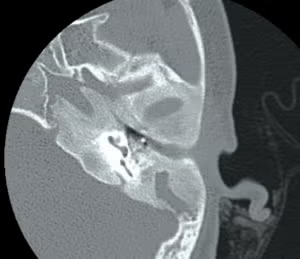ENTtoday added two resident positions to its editorial board in 2025. The editorial board serves as a think tank for the publication, providing content ideas, editorial direction, and insight into […]


ENTtoday added two resident positions to its editorial board in 2025. The editorial board serves as a think tank for the publication, providing content ideas, editorial direction, and insight into […]

APPs’ onboarding and roles vary across subspecialties and practice settings, with evolving models enhancing patient access and provider efficiency.

Academic otolaryngology department chairs share their experiences, challenges, and advice for thriving in leadership roles within academic medicine.


AI is increasingly integrated into otolaryngology, offering practical benefits in clinical settings while also highlighting current limitations in surgical and patient communication contexts.

ENTtoday is the official news magazine of the Triological Society, and its two sister publications—The Laryngoscope and Laryngoscope Investigative Otolaryngology—are the official peer reviewed journals. Here’s a look at the top 10 most-read articles from each journal from 2024.

The Resident Bowl team is collecting questions for the annual Resident Bowl happening at the 2026 Triological Society Combined Sections Meeting, January 22-24, in Orlando, Fla.

Tonsillectomy is a common yet potentially risky pediatric surgery, often performed early in otolaryngology training. Global pediatric ENT surgeons shared practical advice to help residents perform safer, smarter tonsillectomies, emphasizing safety, patient selection, innovation, and teamwork.


Many otolaryngologists find that engaging in personal passions outside of medicine helps them maintain balance, recharge, and improve their professional performance. This article shares the stories of four physicians who have integrated hobbies such as comedy, writing, philosophy, and prioritizing wellbeing into their lives to combat burnout and enrich their medical practice.